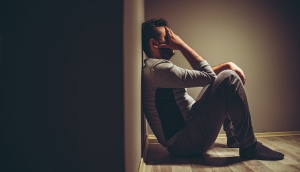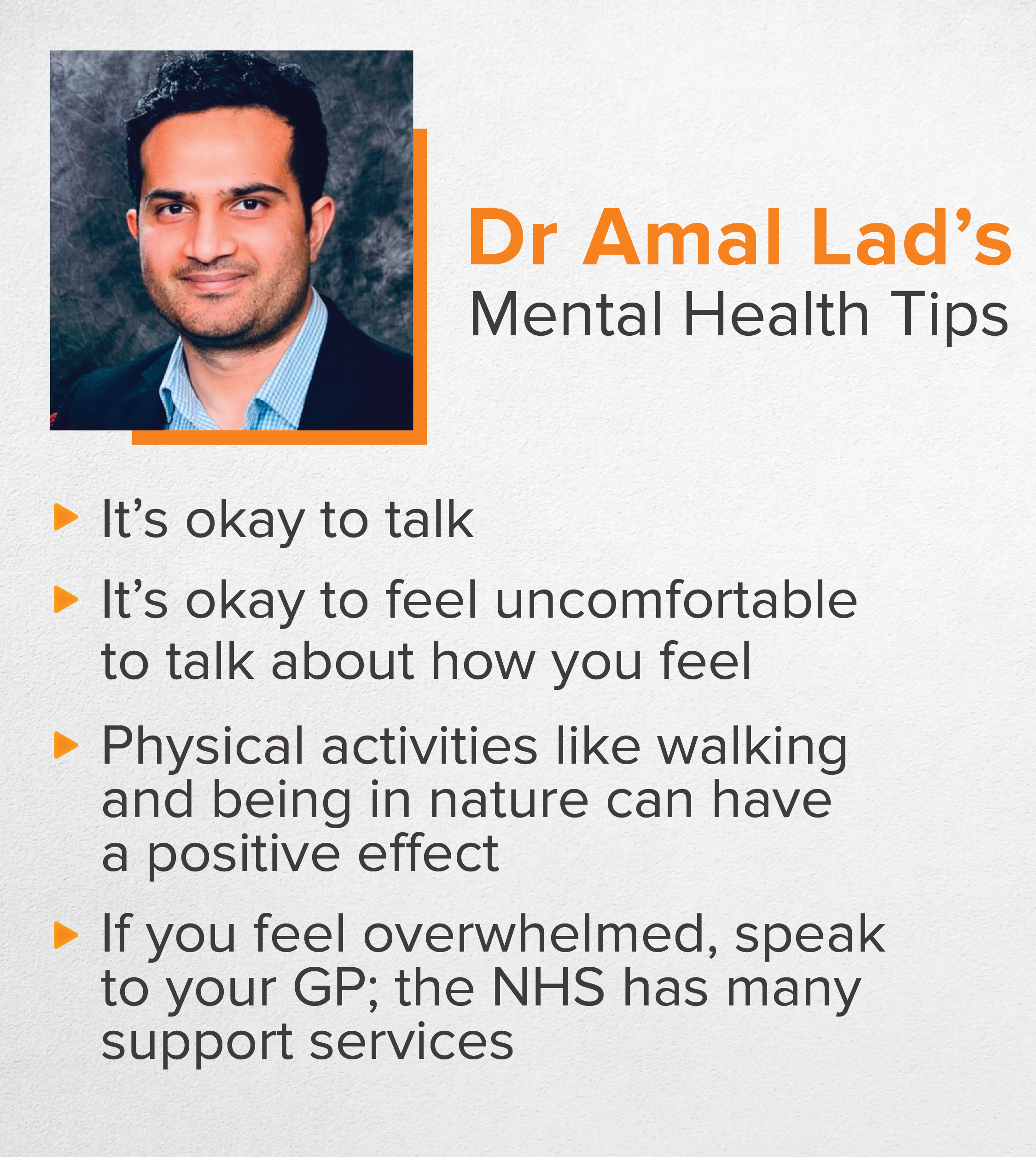
For many, the misguided need to preserve family reputation and status can lead to staying silent about real feelings. Within the Global Indian community for generations men are perceived as the so-called “rock” or “bread-winners” of the family, not an entirely healthy notion of masculinity. Such views result in a kind of cultural stigmatisation surrounding mental health, which can make it difficult for men to speak out about important issues.
Here, ‘iGlobal’ takes a closer look at the difficult issue of men’s mental health within the Global Indian community through the prism of some expert comments on why mental health remains a kind of taboo subject and the very personal and inspirational journey of Rahul Verma who took affirmative action to combat his depression.
Chaitanya Lila Pankhania is a Psychotherapist and Hypnotherapist who is active in the sphere of mental health and combines East-West psychology techniques.
On why men may choose to remain silent, she notes: “Men’s suicide rates are higher than women. I think this is due to the fact that women talk more about how they feel; when they do this, their depressive symptoms alleviate.

“Men need to begin to understand that expecting themselves to not feel what they feel or have all aspects of their life in order is not helping them. They need to find healthy coping strategies to support their mental health and talk when they need to.”
According to Mens Mind Matter, each year one in four people will experience a mental health problem, with suicide being the biggest killed of men under 35. Men are also less likely than women to seek treatment for their condition – only one in four men who experience anxiety or depression seek treatment for it.
Dr Amal Lad is a GP trainee from Birmingham who is passionate about mental health within Britain’s South Asian community and using creative approaches to improve awareness. He developed the Meducasian project, a collaboration between healthcare professionals and local communities to break the stigma.

The Meducasian project aims to break these barriers and address stigmatisation by visiting community places like temples and gurdwaras, where they interact with members of the community and get the conversation on mental health going by de-medicalising it.
Dr Lad adds: “In my experience, when it becomes a medical problem that you have to see a doctor, it becomes difficult for South Asians to talk about. Through using all of the great things about the Indian culture like Bollywood, cricket, and festivals, we aim to stimulate these conversations.”
Having studied medicine and psychology, Dr Lad believes creating a platform of discussion is of the utmost important:
“If you step back and look at the treatment for mental health, it’s just talking and having the words to talk about it.”
In his medical opinion, it doesn’t take much of an expert to make a difference to one’s mental health; just speaking out on depression and anxiety is what is required.
British Indian Rahul Verma has taken the rare step of being vocal on social media about depression and his struggles with alcohol, which he described as a root of escapism.
The aspiring content creator recalls how in his first year of university, like the majority around him, he found himself making new friends and constantly going out. “Looking back to the first six months of university, I was distracting myself in a sense. Every time I was alone, I hated it – me and my thoughts in this little square room.”
Alcohol became a companion for Rahul – around people and alone. His Indian culture meant he witnesses the elderly drinking on their own at home, a habit that he picked up as “acceptable”. His relationship with alcohol spiralled out of control at a time when he admits being unaware of his depression.
“I didn’t know what was going on. I started to become negative, blaming everything around me – others noticed and asked, but many thought it was normal – a phase in university.”
Signs and symptoms of depression can vary for individuals. The National Health Service (NHS) notes the psychological symptoms of depression as continuous low mood or sadness, feeling tearful and low self-esteem.
Since his decision to leave university, Rahul set out on a quest of new hobbies and tools to help him overcome his depression, including going to the gym. Other tools that he attributes to his mental health include listening to podcasts, mainly on self-improvement and personal journeys.
“I am grateful to my cousin who supported me throughout. He encouraged me with his advice and when I decided to go public with my journey on social media, he was sitting right beside me. If my post helps one person out of a thousand, that makes me happy,” he says.
Addressing his depression and seeking help through counselling was the first step towards rehabilitation for Rahul, who with the support of his university also attended alcohol awareness sessions.
Mindful of the choices he now makes, Rahul reflects: “I used to hate being on my own, but now I love it. I can be on my own with my thoughts – I have grown to love myself.”
by Preeti Bali
*Info: CALM – the Campaign Against Living Miserably; Men’s Health Forum; Samaritans
UK Ministers, Shadow Cabinet leaders, diplomats, business chiefs come together for India Global Forum’s grand Diwali Reception in London Read… Read More
At the India Global Forum’s (IGF) grand Diwali reception in London this week, UK Home Secretary Suella Braverman focussed her message of… Read More
Home Secretary Suella Braverman has said the UK is eager to secure a trade deal with India to boost both… Read More
Chandrasekhar also attended a session on the Future of Digital at the India Global Forum where he spoke on the… Read More
India Global Forum’s glittering awards ceremony with Guest of Honour, UK Chancellor Rishi Sunak, to mark the culmination of a… Read More
The UK government on Wednesday announced 75 fully-funded scholarships for Indian students to study in the UK, beginning September 2022,… Read More
View Comments